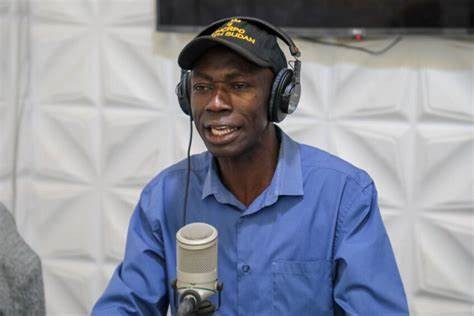
Civil society activist Edmund Yakani has called on the government to urgently respond to the early warning issued by the Intergovernmental Authority on Development (IGAD) regarding heavy rainfall expected across South Sudan in June.
Yakani emphasized that both IGAD’s early warning system and climate change experts have predicted unusually heavy rains, raising concerns over potential flooding and humanitarian impacts.
He urged the Ministry of Humanitarian Affairs and Disaster Management to take immediate action by developing a national response plan in coordination with key stakeholders.
“We already know which areas are traditionally at risk, Unity State, Upper Nile State, parts of Jonglei State, and some areas in Central Equatoria,” Yakani stated.
He stressed the importance of an inclusive approach, involving government agencies, the private sector, civil society organizations, religious groups, state authorities, and the media.
“We all need to come together as national actors to design a comprehensive response plan that can help minimize the shocks and protect our vulnerable populations,” he added.
Yakani framed his appeal as part of the broader effort to strengthen South Sudan’s climate change preparedness and resilience.
Experts at the IGAD Climate Prediction and Applications Center (ICPAC) have forecast above-average rainfall across most areas where the June–September (JJAS) season is significant, urging for contingency measures to safeguard the public from extreme weather events.
According to the Greater Horn of Africa Climate Outlook Forum (GHACOF 70), there is a 55% probability of above-normal rainfall in central Sudan, eastern South Sudan, parts of southwestern and northern Ethiopia, western Kenya, and eastern Uganda.
The wider region, encompassing eleven countries, Burundi, Djibouti, Eritrea, Ethiopia, Kenya, Rwanda, Somalia, South Sudan, Sudan, Tanzania, and Uganda, also shows a 45% likelihood of wetter-than-average conditions across central to western Uganda, central to western South Sudan, southern Sudan, central to western Ethiopia, Djibouti, and western Eritrea.

